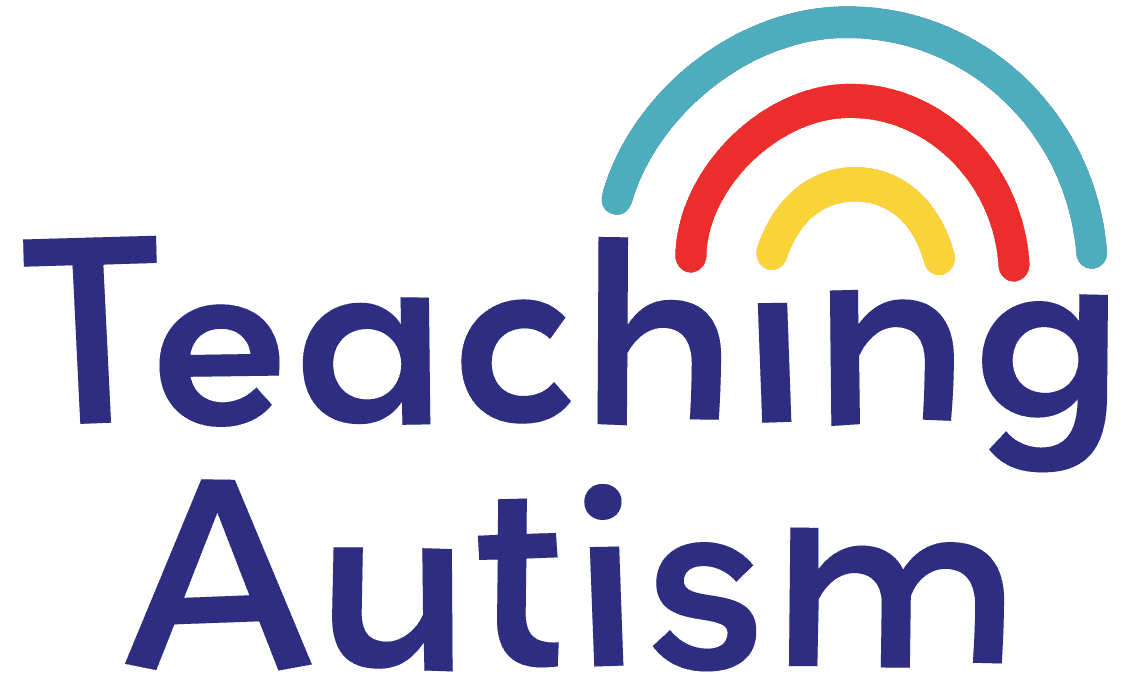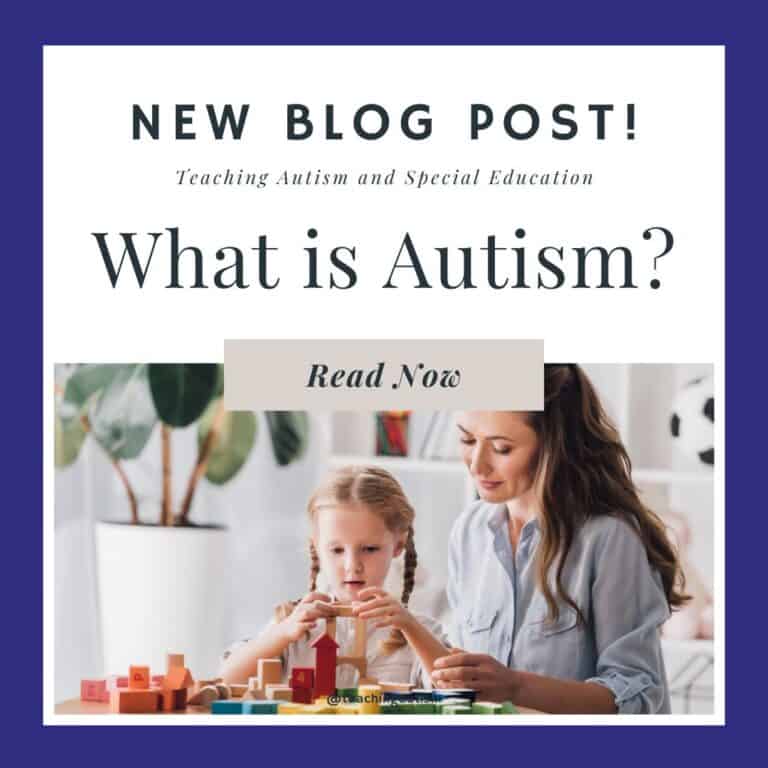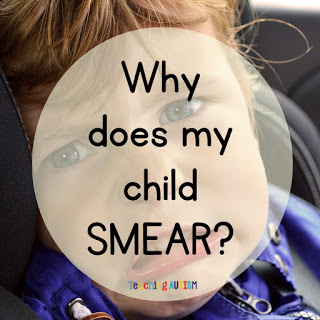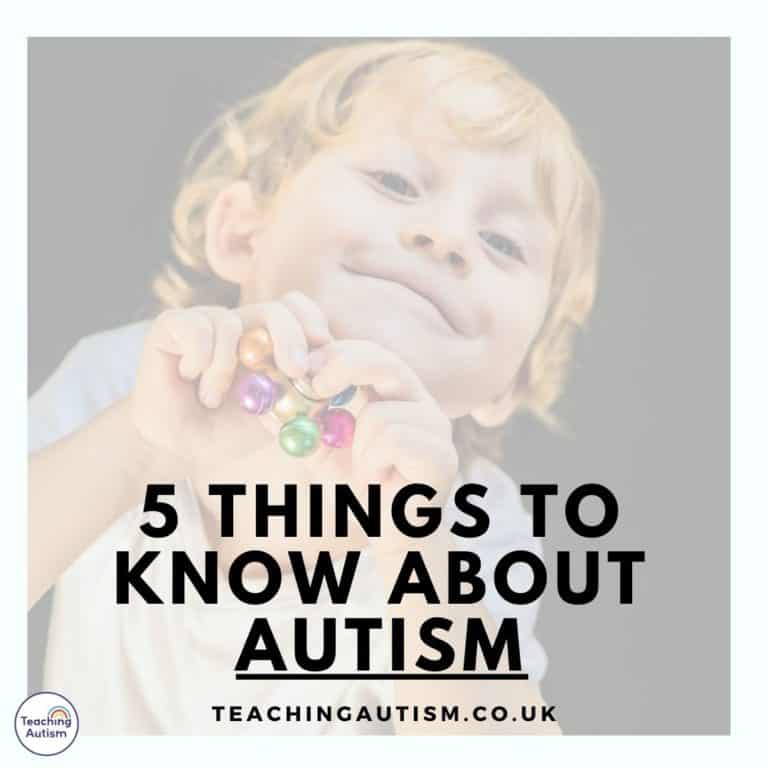Autism and Girls
Today I’m dedicating this blog post to sharing information about autism and girls. In this blog post you’ll find facts, statistics and research based information discussing autism and girls.. I’ve also included some reasons why our female population is experiencing under-diagnosis or mis-diagnosis of autism.
What is Autism?
If you’re new here, I’d recommend checking out this blog post to find out more about autism. Or as a quick introduction, here’s a paragraph briefly explaining what autism is.
- Autism is a lifelong, neurological condition which is classed as a disability.
- There is no cure – and this is disrespectful and damaging to request for our autistic community.
- A person is born with autism.
- Autism can affects how a person communicates, experiences and interacts with the world around them.
I don’t really like to refer to it as a ‘condition’ because it just doesn’t really feel like the right word. But this is the official definition right now.
The Statistics
The most recent data (2020) by the CDC states that around 1 in 36 children are diagnosed with autism. Autism is diagnosed almost 4 times more in boys than it is girls.
Autism is often diagnosed in girls later than it is in boys, sometimes this can be by several years. However, many autistic girls actually remain undiagnosed.. or are even misdiagnosed.
Diagnosis, Mis-Diagnosis and Under-Diagnosis in Girls
Some reasons that this may happen are;
- Girls can be better at masking to ‘fit in.’
- They can be more socially motivated than boys.
- The diagnostic criteria and tools are predominantly based on males.
- Girls can present differently than boys.
- Girls may have more subtle signs than boys. These often align with social expectations, such as being quiet, shy, or overly compliant.
- Autistic girls can often be misinterpreted as simply being introverted or well-behaved.
- Girls may develop coping strategies to have them fit in with their peers and hide their difficulties.
- A lack of awareness and understanding among healthcare providers and educators about how autism can present differently in girls.
On top of all of these reasons, we need to remember that every individual can present with autism differently.
Mental Health Implications
The high rate of mis-diagnosis and even the absence of diagnosis can have mental health implications for autistic girls. I have included some interesting statistics below;
- Research indicates that approximately 40% of autistic girls have significant anxiety. – Gotham et al. 2013.
- Autistic girls are at a higher risk for depression. Studies suggest that approximately 34% of autistic females meet the criteria for depression. – Sterling et al., 2008.
- Research suggests that approximately 23% of autistic females display symptoms of an eating disorder. – Westwood and Tchanturia, 2017.
- Autistic girls tend to have lower self-esteem compared to their neurotypical peers, which can contribute to the development of mental health problems – Hwang and Hughes, 2000.
- Research suggests that autistic girls often engage in social camouflaging, where they mask their symptoms to fit in socially, leading to increased stress and mental health issues. – Hull et al., 2020.
- Autistic girls are more prone to suicidal thoughts and behaviors, with one study finding that 66% of autistic females had contemplated suicide. – Source: Cassidy et al., 2014.
Signs in Girls
- Finds social interactions difficult. May appear shy or withdrawn.
- Has a strong preference for routine and predictability.
- An intense focus on specific interests. Sometimes these can be more socially acceptable hobbies like animals or books.
- Struggles with making and/or maintaining friendships.
- May be highly sensitive to sensory stimuli around them such as lights, sounds, and textures.
- They may mimic or “mask” to fit in with their peers.
- May have difficulty understanding social cues and/or body language.
- They may have advanced verbal skills.. But then struggle with pragmatic language (e.g., understanding jokes, sarcasm).
- Girls can often be perfectionistic.. And they may exhibit anxiety over mistakes or changes.
- Have a preference for solitary play or activities rather than group interactions
- They may have unusual or repetitive behaviors or movements. This can be hand-flapping, rocking etc.
- May have difficulty with executive functioning skills; organizing tasks and managing time.
- They may have special talents or skills. This can often be in areas like math, art, or music.
- May struggle with self-advocacy and communicating personal needs and/or discomfort.
- They may display an intense emotional response to seemingly minor issues.
- May have co-occurring conditions like ADHD, anxiety, or depression.
- Struggles with transitions and/or changes in routine.
- Often highly empathetic and sensitive to the emotions of others around them.. But they may struggle to express their own emotions.
- May use scripted or rehearsed phrases in social situations.
- Often misunderstood as having behavioral issues rather than a developmental difference.
If you found this blog post helpful please consider sharing it with your friends and colleagues on social media.
You May Also Like
- What is Autism?
- Signs of Autism in Toddlers
- 5 Things to Know About Autism
- How to Diagnose Autism; Assessments and Evaluations
- What is Masking?
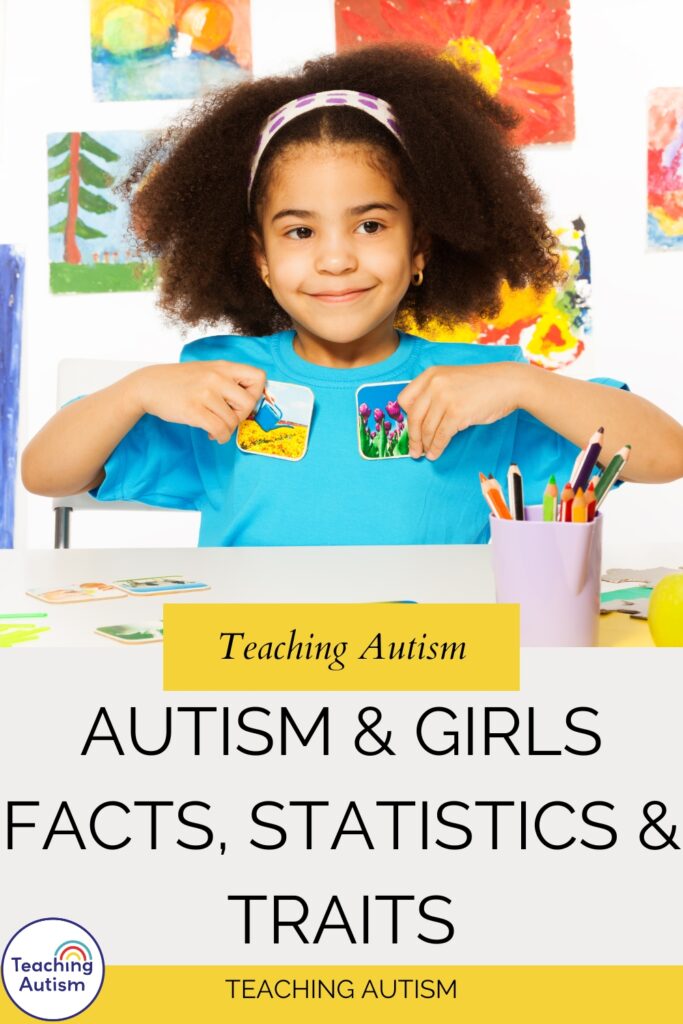
P.S. Have you signed up for my VIP membership yet? If not, head on over and sign up now. You’ll get access to hundreds and hundreds of resources, templates, crafts and more being uploaded every month!
Nikki
